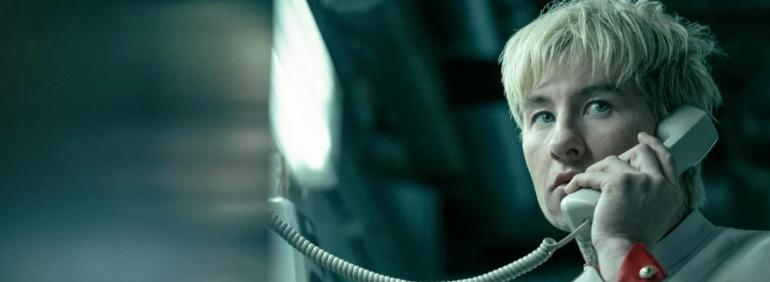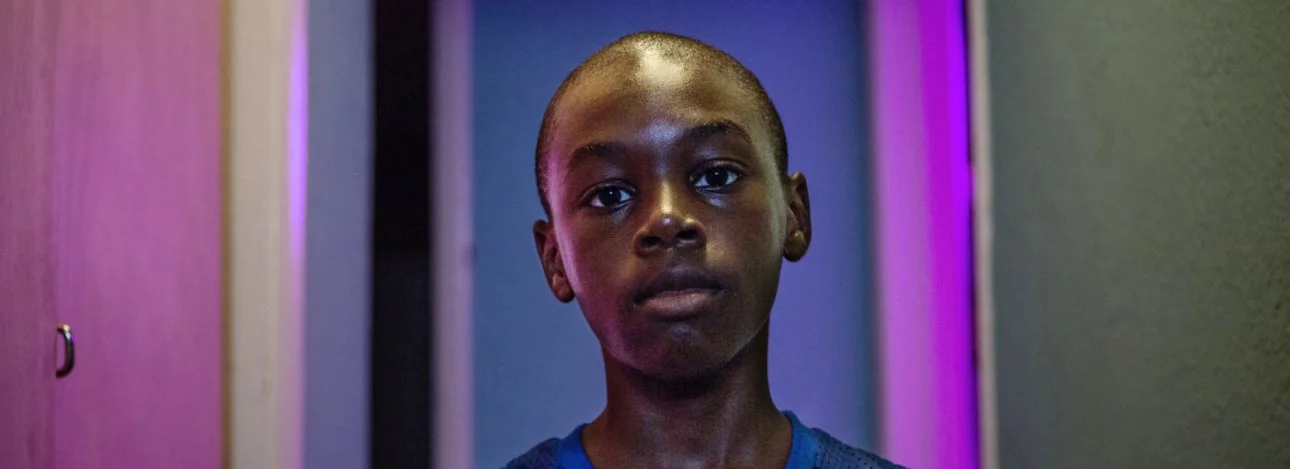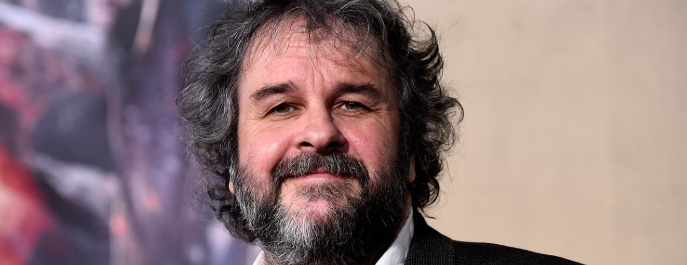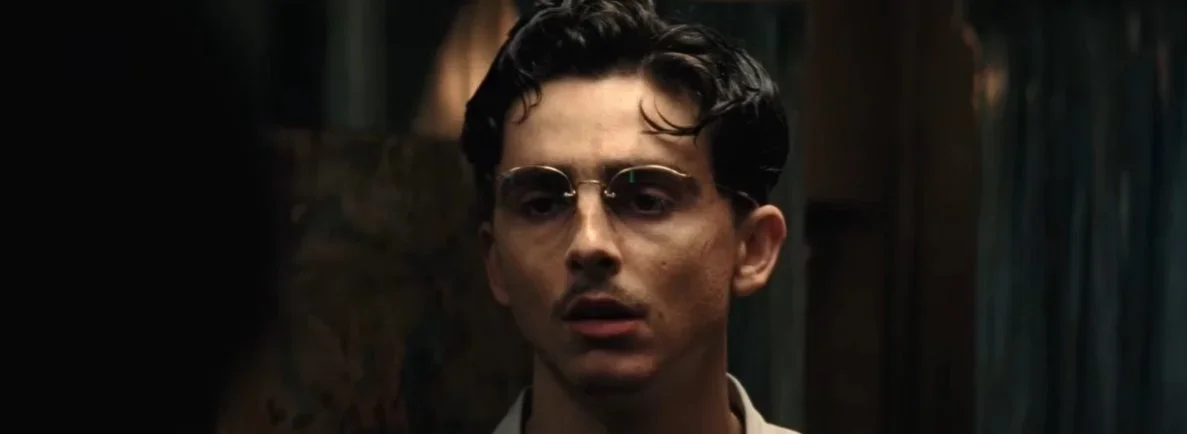You never see Harvey Weinstein in director Kitty Green’s “The Assistant.” His barking orders can be heard through closed doors and phone conversations, but that’s all. He’s not even mentioned by name. However, his presence is all over “The Assistant,” a compulsively fascinating film that takes place 24 hours in the life of a woman working as Weinstein’s office assistant. By my knowledge, this is the first feature-length, or television, film to try and tell the Weinstein story.
With her background in documentaries (Casting JonBenet), this is Green’s first narrative feature and, to prepare to shoot the Weinstein world, she interviewed people who worked for Hollywood studios and agencies. The work paid off as “The Assistant,” a minimalist and stripped-down narrative, means to build an incredibly realistic and, more importantly, familiar workplace.
Jane (Julia Garner, excellent in the restraint she brings to her character) wakes up early every morning to get to the office; her duties for the boss are all over the place, she schedules hotel appointments, cleans revolting stains off his casting couch and acts as a shield between him and his frustrated wife.
Garner perfectly captures, with her indelibly expressive eyes, the agony that must be deeply bottled inside of her character. Jane does visit HR, the rep, played by a snarky Matthew Macfadyen, brushes her off, telling her to just stick to her duties. It’s an infuriating, but powerful moment in a film filled with subtle little nuances.
“The Assistant” means to tell us that there are many offices like this in America, it doesn’t just stop with Weinstein That’s why the film works so well, Jane’s office feels incredibly realistic because this kind of toxic environment, which enables employers to exploit employees, could be happening anywhere in America. Green’s film is the kind that’s built to last because it plays as an important snapshot of the #MeToo era. [A-]




